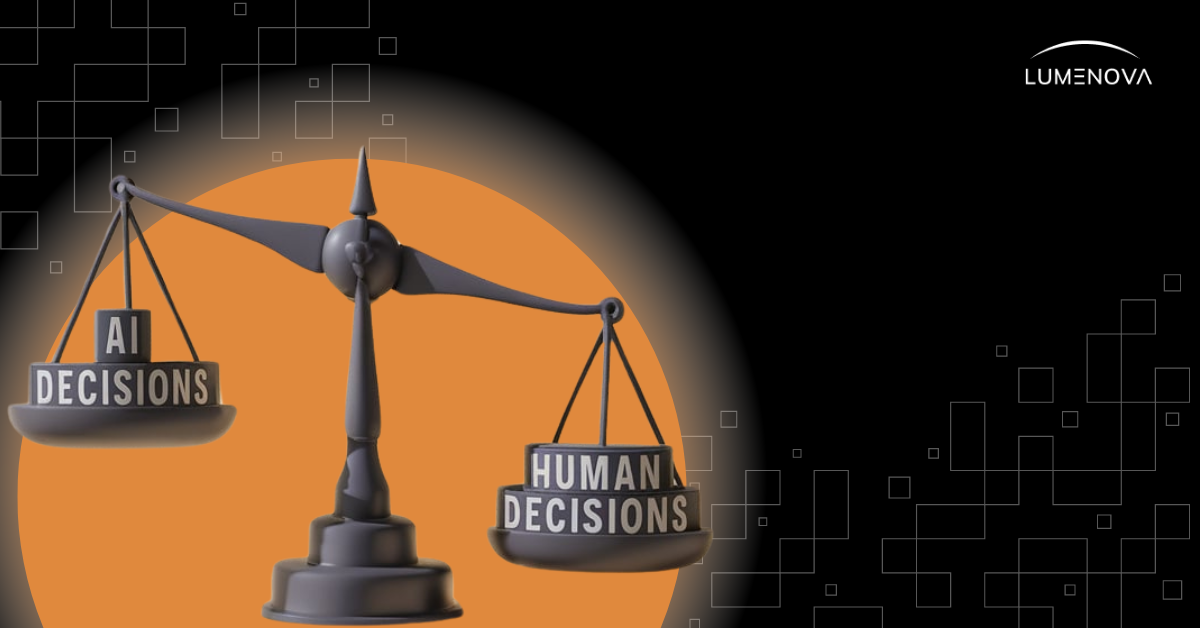
A collaborative study by researchers from Microsoft and Carnegie Mellon University indicates that increased dependence on generative AI tools in the workplace may lead to a decline in critical thinking abilities among knowledge workers. The study surveyed 319 professionals who regularly employ GenAI in their tasks, revealing that higher confidence in AI capabilities correlates with reduced cognitive engagement.
The research aimed to understand how GenAI influences the application of critical thinking during work-related activities. Participants provided 936 firsthand accounts of using GenAI, which were analyzed to assess the impact on their cognitive processes. The findings suggest that as individuals place greater trust in AI-generated outputs, they tend to engage less in critical evaluation and problem-solving.
One of the key observations from the study is that reliance on AI alters the nature of critical thinking. Instead of actively gathering and analyzing information, users shift towards verifying and integrating AI responses. This transition may lead to a passive approach to tasks, potentially diminishing the development and maintenance of essential cognitive skills.
The study also highlights a paradox where automation, intended to streamline tasks, might inadvertently cause cognitive faculties to deteriorate due to underuse. The researchers caution that while AI can enhance efficiency, overdependence without active engagement may result in atrophied cognitive abilities, leaving individuals unprepared to handle exceptions or complex problems that AI cannot address.
These findings align with concerns raised in the broader academic and professional communities about the implications of AI on human cognition. Experts emphasize the importance of maintaining foundational skills in information gathering and problem-solving to prevent overreliance on AI tools. They advocate for a balanced approach where AI serves as an aid rather than a replacement for human judgment.
In educational settings, similar apprehensions have emerged regarding students’ use of AI. A survey by the Higher Education Policy Institute found that 92% of UK undergraduates are utilizing generative AI, up from 66% the previous year. Despite this widespread adoption, concerns persist about the potential erosion of critical thinking and problem-solving abilities among students. Some universities have attempted to integrate AI into assessments, but results indicate minimal improvements, particularly among undergraduates. This underscores the need for educational institutions to emphasize the development of independent cognitive skills alongside technological proficiency.





